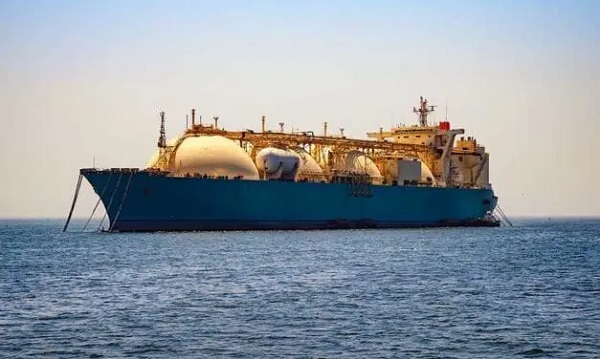National
Trudeau’s Senate Power Grab – How Every Province is Now Under Ottawa’s Thumb
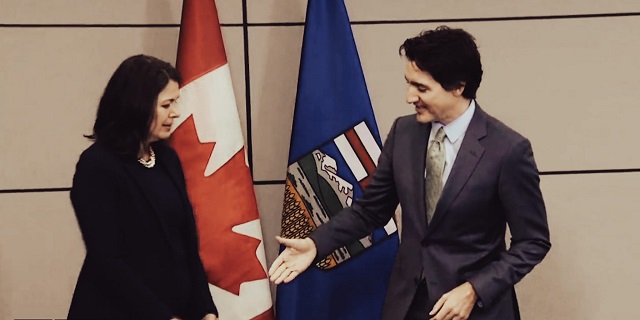
First, let’s talk about who these new senators are. Dr. Kristopher Wells is one of them. Wells is a well-known activist in the 2SLGBTQ+ community, a vocal advocate for every liberal cause under the sun. He’s been busy pushing for policies that promote radical gender ideology in schools, criticizing Alberta’s conservative stance at every turn. Now, Trudeau wants us to believe that Wells, who has made a career out of progressive activism, will somehow be an “independent” voice in the Senate? Give me a break.
Let’s be absolutely clear here, folks: Daryl Fridhandler is no impartial figure. He’s a corporate lawyer who’s spent years involved in organizations pushing left-wing agendas under the guise of community service. And what does that really mean? He’s a leftist activist, plain and simple.
And now, Trudeau wants us to believe Fridhandler’s Senate appointment is “independent”? Give me a break. This guy has funneled nearly $80,000 into the Liberal Party—($79,968.77, to be exact). The Senate shouldn’t be for sale to the highest bidder or most loyal crony. This is a classic Trudeau move, stacking the Senate with his cronies and turning it into a rubber stamp for his radical agenda. It’s not just political maneuvering; it’s an outright attack on our democratic institutions.
The Senate is supposed to serve as a check on power, a place for sober second thought, not a Liberal lapdog doing Trudeau’s bidding. This is the kind of corrupt backroom dealing that erodes public trust and undermines the very fabric of our democracy.
Now, let’s turn to Alberta Premier Danielle Smith. She’s not happy, and frankly, who can blame her? She called out these appointments for what they are—another shameless attempt by Trudeau to undercut the democratic will of Albertans. Smith points out that Alberta has a system for electing senators-in-waiting, who are meant to represent the interests of Albertans in Ottawa. Yet, Trudeau has completely ignored these elected representatives. Instead, he has handpicked his own cronies. And make no mistake, these so-called “independent” senators are Justin Trudeaus cronies and will vote whichever way he tells them too.
Smith’s objection isn’t just about these specific appointees. It’s about the broader pattern we’ve seen from this government— a total disregard for Alberta’s democratic choices. Remember, folks, Alberta has repeatedly elected conservative senators-in-waiting, people who actually represent the interests of their province. But Trudeau doesn’t care about that. No, he’d rather install people who are loyal to him, not to the people of Alberta.
This brings us to the so-called Independent Advisory Board for Senate Appointments. Trudeau loves to talk about how this board is “independent,” how it’s all about merit-based criteria, blah, blah, blah. But let’s get real for a second. This board isn’t independent at all. The members are nominated by Trudeau. They report to Trudeau. They recommend candidates to Trudeau. And then Trudeau appoints his picks, all while pretending there’s some kind of impartial process at play. It’s a total sham!
Let’s break it down even further. The whole process is designed to look like it’s fair and transparent, but in reality, it’s just another way for Trudeau to exert control. The so-called independent senators are anything but. They might not wear Liberal Party badges, but make no mistake—they’re marching to the beat of Trudeau’s drum. This isn’t about finding the best people to serve Canadians. It’s about finding the best people to serve Justin Trudeau and his agenda.
This isn’t just my opinion—look at the facts. Since 2016, Trudeau has made 86 appointments to the Senate, all under this “independent” system. And surprise, surprise, the Senate has drifted further and further left, rubber-stamping Trudeau’s policies with little resistance. The whole thing is a farce, and Trudeau’s latest picks just prove it.
And here’s the proof that the Senate isn’t independent: Bill C-18. This so-called “Online News Act” is Trudeau’s failed attempt at news censorship. The bill mandates that tech giants like Google and Meta (formerly Facebook) pay Canadian news publishers for content shared on their platforms. It sounds nice on paper, but what’s the result? Meta decided to ban all news content in Canada. That’s right. Canadian independent media lost its voice because they’re no longer being shared on the platforms where people actually get their news.
Ask yourself: if the Senate was truly independent, truly balanced with some business-savvy, right-leaning representatives, do you really think a bill like C-18 would have passed? No chance. Any senator with a shred of common sense would recognize that forcing tech companies into these kinds of deals doesn’t solve the problem; it just pushes these companies to cut ties with Canadian news entirely. But this Senate, filled with Trudeau’s picks, rubber-stamped it without a second thought.
The Senate was designed to be a place of independent judgment, a check on whoever’s in power—be it Liberal, Conservative, or otherwise. It’s supposed to ensure that no single party can bulldoze their agenda without scrutiny. But what happens when Trudeau stacks the Senate with his cronies? The whole system collapses! Even if the Conservatives take power tomorrow, Trudeau’s liberal foot soldiers will be there, blocking, stalling, and pushing his leftist agenda from the shadows of the Senate.
So, where does this leave Canada? It leaves us with a Senate that is increasingly a tool of the Prime Minister’s Office, rather than a chamber for balanced debate and regional representation. Every province, not just Alberta, is now at the whims of Ottawa, Justin Trudeau, and his handpicked cronies. The Senate no longer reflects the diverse interests of Canadians; instead, it mirrors the ideological leanings of one man. Provinces across the country are left sidelined, their democratic choices ignored, and their voices muted under Trudeau’s centralized control.
Danielle Smith is right to be furious. Albertans are right to be furious. And every Canadian who cares about democracy and fairness should be furious too. The Senate is supposed to be an independent body, a check on the power of the Prime Minister, not a rubber stamp for his agenda. But as long as Trudeau is in charge, it looks like that’s exactly what it’s going to be. And that’s not just a shame—it’s a scandal.
For the full experience, subscribe to The Opposition with Dan Knight .
Business
Carney’s ‘major projects’ list no cause for celebration
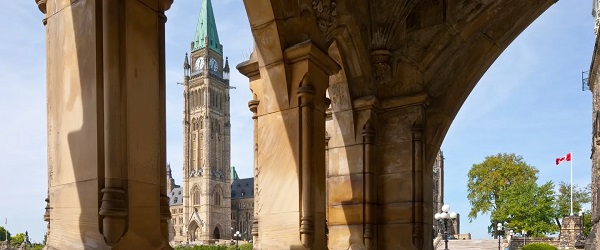
From the Fraser Institute
By Alex Whalen
Early in his term, Prime Minister Mark Carney placed great emphasis on the need to think big and move quickly, to make Canada the “world’s leading energy superpower.” Recently, the government announced the first group of projects to be championed by its new Major Projects Office (MPO), which was also recently created to circumvent existing rules and regulations to speed up approvals. Unfortunately, the list of projects is decidedly underwhelming, which highlights the need for a true course correction when it comes to fixing Canada’s investment crisis.
According to the government, the purpose of the Major Projects Office is to fast-track “nation building” projects, with a focus on regulatory approvals and financing. Yet, of the first five projects referred to the MPO, regulatory approvals have largely already been secured and the projects were likely to proceed without any intervention or assistance from Ottawa.
For example, many of the regulatory approvals required for the Darlington Small Nuclear Reactor are already in place, and construction has already begun. The McIlvenna Bay copper mine in Saskatchewan is already half-built.
Other projects, such as LNG Phase 2 and the Red Chris Copper Mine, both in British Columbia, are expansions of existing facilities and are backed by industry-leading firms such as Shell and Rio Tinto, respectively. In general, these projects do not need government assistance or financing since they’re already largely approved.
A further six projects being referred to the MPO are at an earlier stage of development, and for the most part do not yet require regulatory approvals. Carney has referred this list—which includes projects ranging from carbon capture to high speed rail to offshore wind—to the MPO to be matched with government “business development teams” to “advance these concepts.”
These initiatives parallel the approach by the Trudeau government to rely on government-directed projects to foster economic growth, which failed miserably. The Trudeau government’s economic policies featured a much larger role for government in the economy, including a general increase in the size and scope of the federal government, as measured by increased spending and regulation. The result? Under Trudeau, annual growth of per-person GDP (an indicator of living standards) was just 0.3 per cent, the worst track record of any recent prime minister. Net business investment (foreign direct investment in Canada minus Canadian direct investment abroad) declined by $388 billion between 2015 and 2023 (the latest year of available data).
To set Canada on a course to reverse the investment crisis, Carney must abandon the notion of government-directed economic growth. Approving projects already largely approved, while sending other less-certain projects to government business development bureaucrats, will not fix Canada’s problem. Simply put, the government should craft policy to create the right conditions for investment and entrepreneurship for all firms in all sectors of the economy, not simply its chosen winners.
To attract the kinds of major projects that will meaningfully improve Canada’s investment crisis, the Carney government should eliminate a host of regulations and reform those that survive. As other analysts have noted, the list of regulatory hurdles in Canada is long. Canada’s total regulatory load has increased substantially over time and across a wide range of industries including energy, autos, child care, supermarkets and more.
Nowhere is this more evident than the energy industry, which is one of the largest drivers of investment in Canada. Federal Bills C-69 and C-48 (which govern the project approval process and ban oil tankers on the west cost, respectively), alongside the federal greenhouse gas emissions cap, net-zero policies, and a host of other regulation such as new fuel standard have significantly constrained this industry, which is vital to Canada’s economic success.
Canada’s regulatory explosion has effectively decimated the country’s investment climate. While Bill C-5 allows cabinet to circumvent these regulations, it places the cabinet, and more specifically the prime minister, in the position of picking winners and losers. Broad-based tax and regulatory reduction and reform would be a much more effective approach.
Canada continues to struggle amid an investment crisis that’s holding back economic growth and living standards. Our country needs bold changes to the policy environment conducive to attracting more investment. The government’s response to date, through Bill C-5 and the MPO, involves making the government more, not less, involved in the economy. The government should reverse course.
Business
Carney government’s housing GST rebate doesn’t go far enough

From the Fraser Institute
While there are many reasons for Canada’s housing affordability crisis, taxes on new homes—including the federal Goods and Services Tax (GST)—remain a major culprit. The Carney government is currently advancing legislation that would rebate GST on some new home purchases, but only for a narrow slice of the market, falling short of what’s needed to improve affordability. A broader GST rebate, extending to more homebuyers and more new homes, would cost Ottawa more, but it would likely deliver better results than the billions the Carney government plans to spend on other housing-related programs.
Today, Ottawa already offers some GST relief for new housing: partial rebates for homes under $450,000, full rebates for small-scale rental units (e.g. condos, townhomes, duplexes) valued under $450,000, and a full rebate for large-scale rental buildings (with no price cap). Rebates can lower costs for homebuyers and encourage more homebuilding. However, at today’s high prices, these rebate programs mean most new homes, and many small-scale rental projects, remain burdened by federal GST.
The Carney government’s new proposal would offer a full GST rebate for new homes—but only for first-time homebuyers purchasing a primary residence at under $1 million (a partial rebate would be available for homes up to $1.5 million). Any tax cut on new housing is welcome, but these criteria are arbitrary and will limit the policy’s impact.
Firstly, by restricting the new GST rebate to first-time buyers, the government ignores how housing markets work. If a retired couple downsizes into a new condo, or a growing family upgrades to a bigger house, they typically free up their previous home for someone else to buy or rent. It doesn’t matter whether the new home is purchased by a first-time buyer—all buyers can benefit when a new home appears on the market.
Secondly, by limiting the GST rebate to primary residences, the government won’t reduce the existing tax burden on rental properties—recall, many small-scale projects still face the full GST burden. Extending the rebate to include rental properties would reduce costs, unlock more construction and expand options for renters.
Thirdly, because the proposed GST rebate only applies in-full to homes under $1 million, it will have little effect in Canada’s most expensive cities. For example, in the first half of 2025, 31.8 per cent of new homes sold in Toronto and 27.4 per cent in Vancouver exceeded $1 million. Taxing these homes discourages homebuilding where it’s most needed.
Altogether, these restrictions mean the Carney proposal would help very few Canadians. According to the Parliamentary Budget Officer, of the 237,324 housing units projected to be completed in 2026—the first full year of the proposed GST rebate program—only 12,903 (5.4 per cent) would qualify for the new rebate. With such limited coverage, the policy is unlikely to spur much new housing or improve affordability.
The proposed GST rebate will cost a projected $390 million per year. However, if the Carney government went further and expanded the rebate to cover all new homes under $1.3 million, it would cost about $2 billion. That’s a big price tag, especially given Ottawa’s strained finances, but it would do much more to improve housing affordability.
Instead, the Carney government plans to spend $3 billion annually on “Build Canada Homes”—a misguided federal entity set to compete with private builders for scarce construction resources. The government has earmarked another $1.5 billion per year to subsidize municipal fees on new housing projects—an approach that merely shift costs from city halls to Ottawa. A broader GST rebate would likely be a more effective, lower-risk alternative to these programs.
Finally, it’s important to note that exempting new homes from GST is not a slam dunk. GST is one of the more efficient ways for the federal government to raise revenue, since it doesn’t discourage work or investment as much as other taxes. GST rebates mean the government may increase more economically harmful taxes to recoup the lost revenue. Still, tax relief is a better way to increase housing affordability than the Carney government’s expensive spending programs. In fact, the government should also reform other federal taxes on housing-related capital gains and rental income to help encourage more homebuilding.
The Carney government’s proposed GST rebate is a step in the right direction, but it’s too narrow to meaningfully boost supply or ease affordability. If Ottawa is prepared to spend billions on questionable programs such as “Build Canada Homes,” it should first consider a more expansive GST rebate on new home purchases, which would likely do more to help Canadian homebuyers.
-
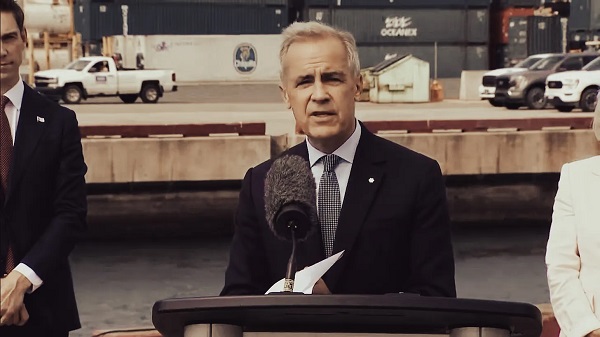
 Business2 days ago
Business2 days agoMark Carney’s Climate Competitiveness Pitch Falls Flat
-
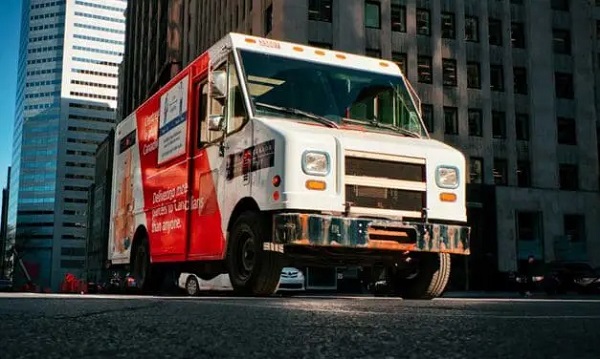
 Business2 days ago
Business2 days agoCanada Post is broken beyond repair
-
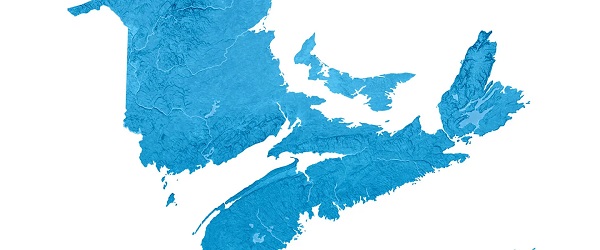
 Alberta2 days ago
Alberta2 days agoMaritime provinces can enact policies to reduce reliance on Alberta… ehem.. Ottawa
-
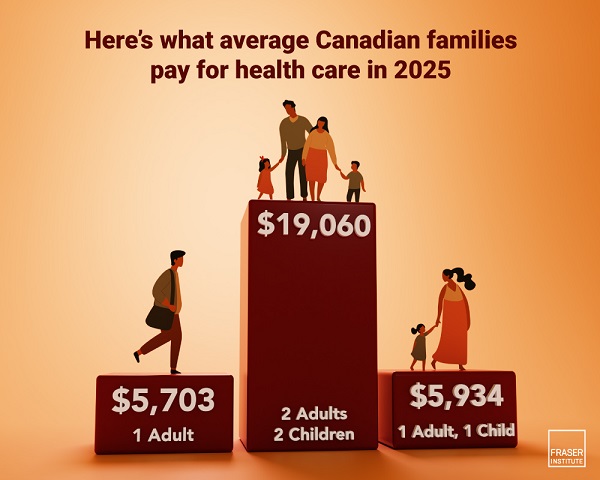
 Business2 days ago
Business2 days agoHealth-care costs for typical Canadian family will reach over $19,000 this year
-

 Business2 days ago
Business2 days agoCanada can’t allow so many people to say ‘no’ to energy projects
-
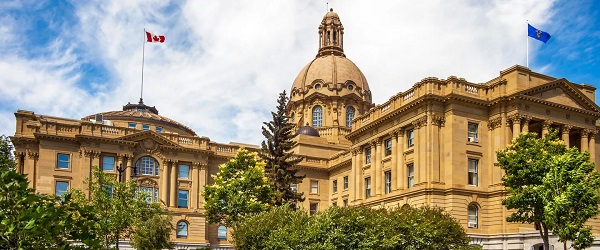
 Alberta2 days ago
Alberta2 days agoYes Alberta has a spending problem. But it has solutions too
-
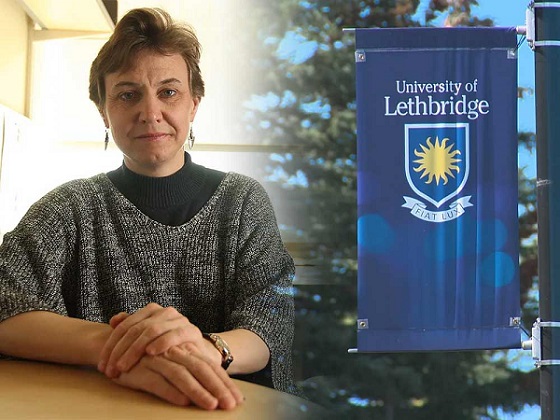
 Censorship Industrial Complex2 days ago
Censorship Industrial Complex2 days agoDecision expected soon in case that challenges Alberta’s “safe spaces” law
-

 Education2 days ago
Education2 days agoOur kids are struggling to read. Phonics is the easy fix












